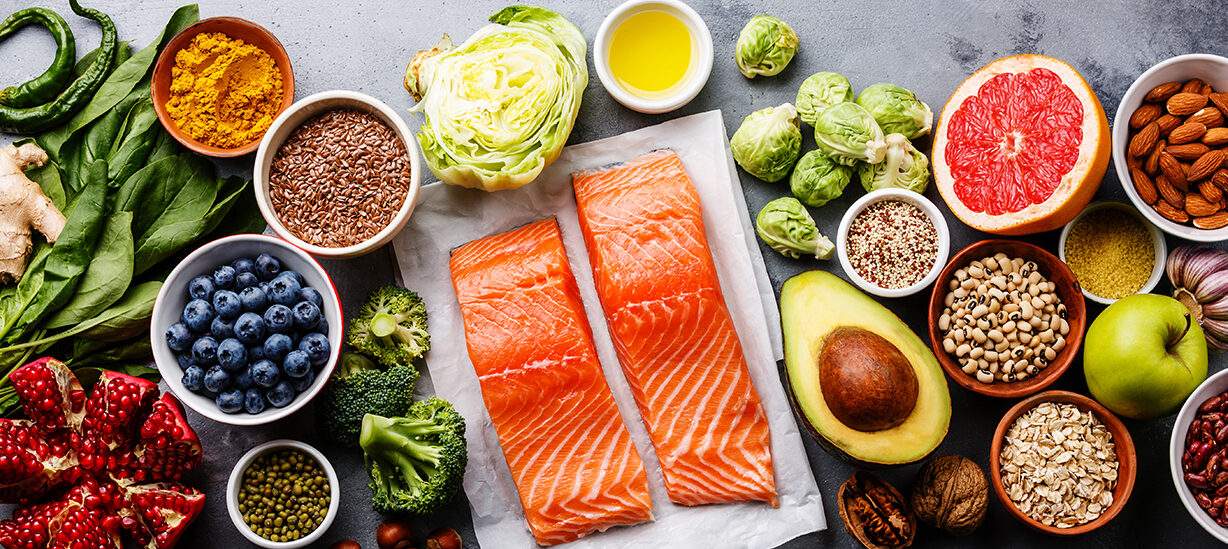The relationship between food and wellness is complex and multifaceted. Proper nutrition is essential for maintaining good health, as the food we eat provides the necessary nutrients for our bodies to function properly. Understanding the basics of nutrition and health is key to making informed choices about what we eat. In her book, Nourish: Exploring the Intersection of Food and Human Connection, Amenda Lee explores the many dimensions of nourishment, including the physical, emotional, and spiritual aspects of food. By feeding our bodies with wholesome, nutrient-dense foods, we can nourish ourselves on multiple levels and support overall wellness.
Mindful eating is an important aspect of a healthy relationship with food. This approach to eating involves paying attention to the sensory experience of eating, including the taste, texture, and aroma of food, as well as the physical sensations in the body. Mindful eating can help individuals develop a deeper appreciation for food, reduce overeating, and improve overall digestion and nutrient absorption. By practicing mindful eating, we can cultivate a more positive relationship with food and support our physical and emotional well-being.
The connection between food and emotional well-being is another important aspect of the relationship between food and wellness. Food can evoke powerful emotions and memories, and the act of cooking and sharing meals with others can be a source of joy and connection. Conversely, disordered eating habits and negative attitudes towards food can contribute to feelings of anxiety, guilt, and shame. By approaching food with a sense of mindfulness and self-compassion, we can nourish not only our bodies but also our souls.
Exploring the benefits of a plantbased diet
A plant-based diet has numerous benefits for one’s physical and mental well-being. One of the most significant advantages of a plant-based diet is improved digestive health and regularity. Plant-based foods, such as fruits, vegetables, and whole grains, are rich in fiber, which promotes healthy digestion and prevents constipation. Furthermore, a plant-based diet helps to nourish the gut microbiome, which is essential for overall health and well-being. By incorporating more plant-based foods into one’s diet, individuals can experience improved digestive health and regularity, leading to increased energy and vitality.
Another significant benefit of a plant-based diet is increased energy and vitality. Plant-based foods are rich in vitamins, minerals, and antioxidants, which help to boost energy levels and promote overall vitality. Consuming a plant-based diet also helps to reduce inflammation in the body, which can lead to increased energy levels and improved overall health. By focusing on plant-based foods, individuals can experience increased energy and vitality, allowing them to live their lives to the fullest.
In addition to improved digestive health and increased energy levels, a plant-based diet has been linked to a reduced risk of chronic diseases. Studies have shown that individuals who consume a plant-based diet have a lower risk of developing chronic diseases such as heart disease, diabetes, and certain types of cancer. Plant-based foods are rich in nutrients and antioxidants that help to protect the body against disease and promote overall health and well-being. By incorporating more plant-based foods into one’s diet, individuals can reduce their risk of chronic diseases and improve their overall quality of life.
Incorporating traditional healing practices into modern diets
Incorporating traditional healing practices into modern diets is a growing trend in the wellness industry. One such practice is Ayurveda, an ancient Indian system of medicine that emphasizes the importance of balancing the body’s three doshas, or energies, through diet and lifestyle. Ayurvedic nutrition involves eating foods that are appropriate for one’s individual constitution, or dosha, and that promote balance and harmony within the body. This can include incorporating spices and herbs such as turmeric and ginger, as well as eating foods that are nourishing to one’s particular dosha. Ayurvedic consultations and seasonal reset programs are also available to help individuals achieve optimal health through personalized nutrition plans. By incorporating Ayurvedic principles into their diets, individuals can nourish both their bodies and souls.
Chinese medicine is another traditional healing practice that emphasizes the importance of food in promoting wellness. According to Chinese medicine, foods are classified according to the five elements of wood, fire, earth, metal, and water, and each element is associated with specific organs and bodily functions. Eating foods that correspond to one’s individual constitution and the current season can help promote balance and harmony within the body. Additionally, practices such as Archetypal Qigong, a mind-body modality, have been found to improve overall well-being. By incorporating Chinese medicine principles into their diets, individuals can nourish their bodies and promote optimal health.
Indigenous foodways also offer a wealth of knowledge and healing power. Traditional diets, which are often plant-based and emphasize seasonal and local foods, have been found to be rich in nutrients and beneficial for overall health. Additionally, the act of preparing and sharing food can be a powerful way to connect with one’s culture and community. Organizations such as Indigenous Health Services are working to promote culturally safe meals for Indigenous patients in healthcare settings. By incorporating traditional Indigenous foods and cooking practices into their diets, individuals can nourish their bodies and souls while also honoring and preserving cultural heritage.
The role of food in fostering community and connection
Food plays a significant role in fostering community and connection, as it is often intertwined with cultural traditions and social gatherings. The cultural significance of food can be seen in the way it is prepared, shared, and consumed in different societies. Sharing meals with others can be a powerful means of building relationships, as it provides an opportunity for individuals to come together and connect over a shared experience. In this way, food can serve as a bridge between people, helping to overcome differences and create a sense of belonging and unity.
Food also has the power to nourish not only the body, but also the soul. According to Deborah Kesten, author of Feeding the Body, Nourishing the Soul, food can be a source of spiritual nourishment and connection to something greater than ourselves. Additionally, food can evoke feelings of comfort and nostalgia, providing a sense of emotional well-being. By paying attention to the quality and intention behind the food we consume, we can cultivate a deeper appreciation for the role that food plays in our lives and our overall well-being.
The act of sharing meals with others can also be a means of empowerment and building community. In many cultures, women have traditionally been responsible for preparing and providing food for their families, and this role has been used as a means of asserting their power and influence. By coming together to share meals and exchange recipes, individuals can also gain a sense of empowerment and connection to their cultural heritage. Ultimately, food has the potential to not only nourish our bodies, but also our minds, spirits, and communities.

